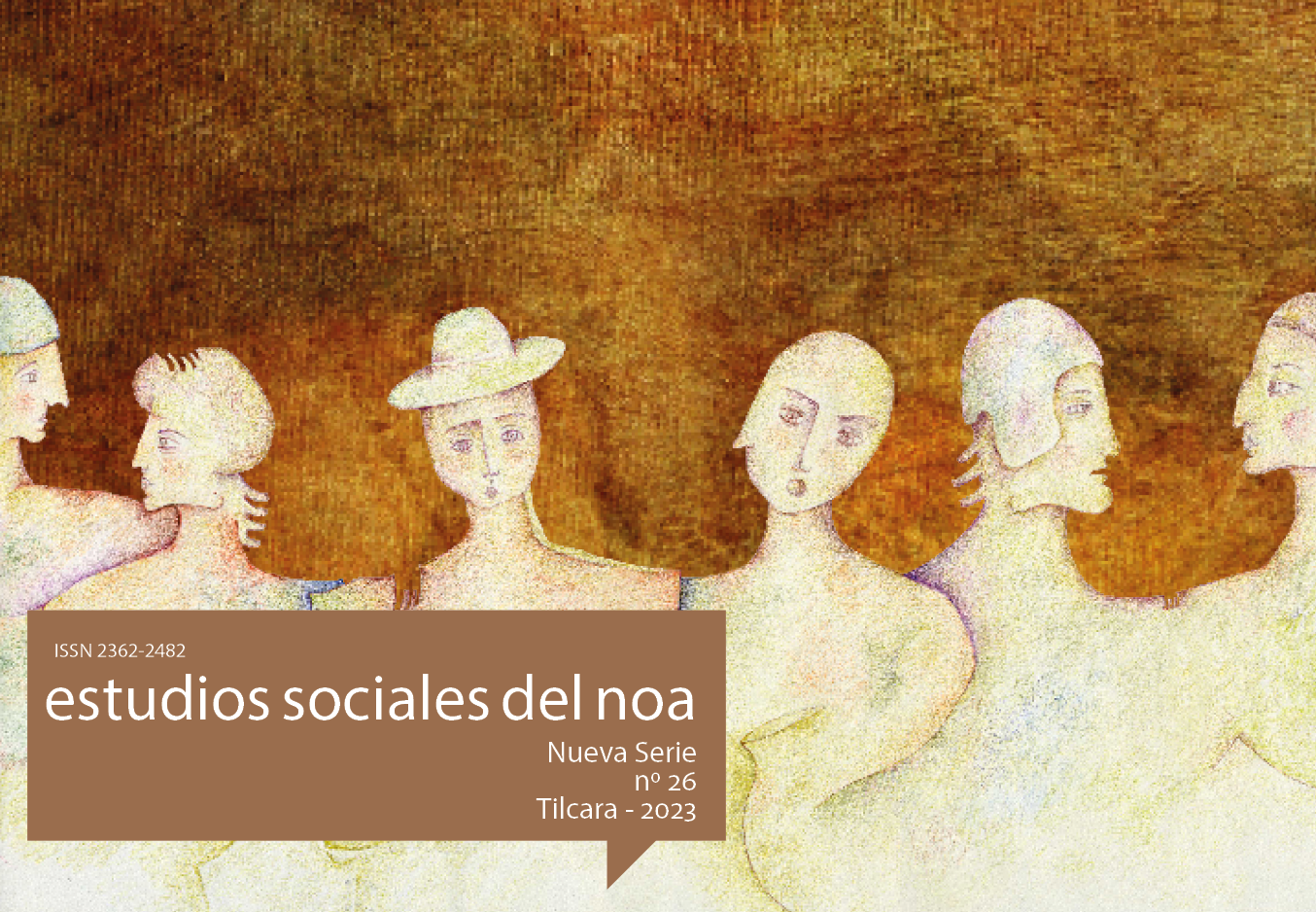On La ópera chola, or Bolivian popular music as a mirror of the nation and collective identities
Abstract
Bolivian popular music can be considered one of the most significant cultural phenomena produced in Bolivia in its nearly 200 years of existence, and the same can be said of the dances associated with it. In the conjunction of musical, festive, and ritual traditions of pre-Hispanic societies, colonial society, local processes, and foreign influences of the 19th and 20th centuries, popular music in Bolivia has become a mirror of the nation and the collective identities of recent times: a mirror, insofar as it is a privileged space for better understanding and interpreting Bolivian society itself, as reflected in its music, and insofar as it is also capable of giving meaning to collective identities, as well as effectively imagining, representing, and symbolizing what Bolivians dream of being, whether in an imagined past, a legitimized present, or a contested future. Popular music is, as I argue in my book: La Ópera Chola. Música popular en Bolivia y pugnas por la identidad social (La Ópera Chola:Popular Music in Bolivia and Struggles for Social Identity), a battlefield, a symbolic/metaphorical theater of operations where the struggle for the meaning of what Bolivians believe they are or aspire to be is fought over: the ultimate definition of what Bolivia should be in the eyes of the world.Downloads
Authors who publish in this journal accept the following conditions:
- The authors or translators retain the copyright and assign to the journal the right of first publication, with the work registered under the Creative Commons Attribution-NonCommercial-ShareAlike 4.0 International, which allows third parties to use what published as long as they mention the authorship of the work and the first publication in this journal.
- Authors may enter into other independent and additional contractual agreements for the non-exclusive distribution of the version of the article published in ESNOA (eg, include it in an institutional repository or publish it in a book) as long as they clearly indicate that the work was first published in this journal.












